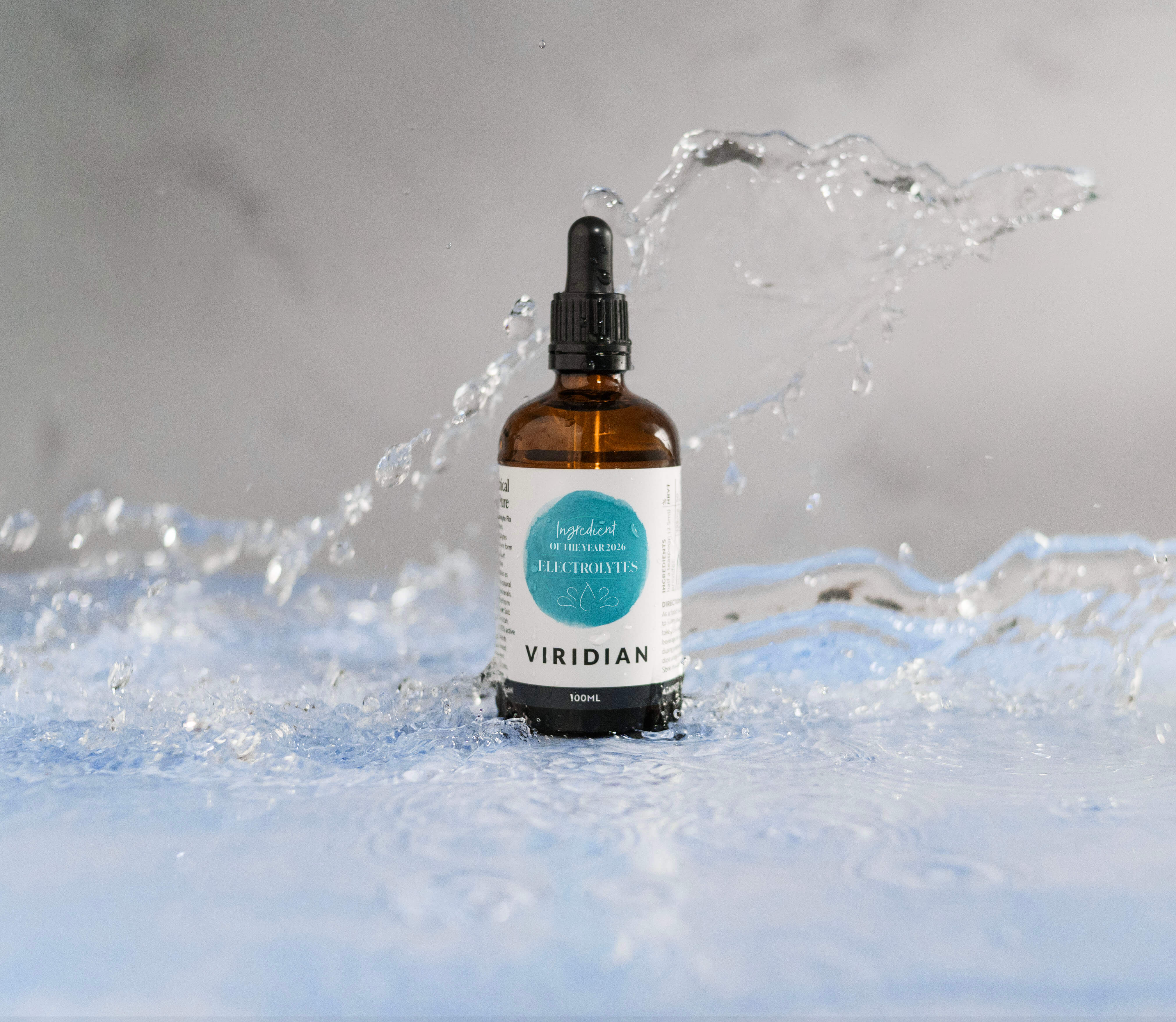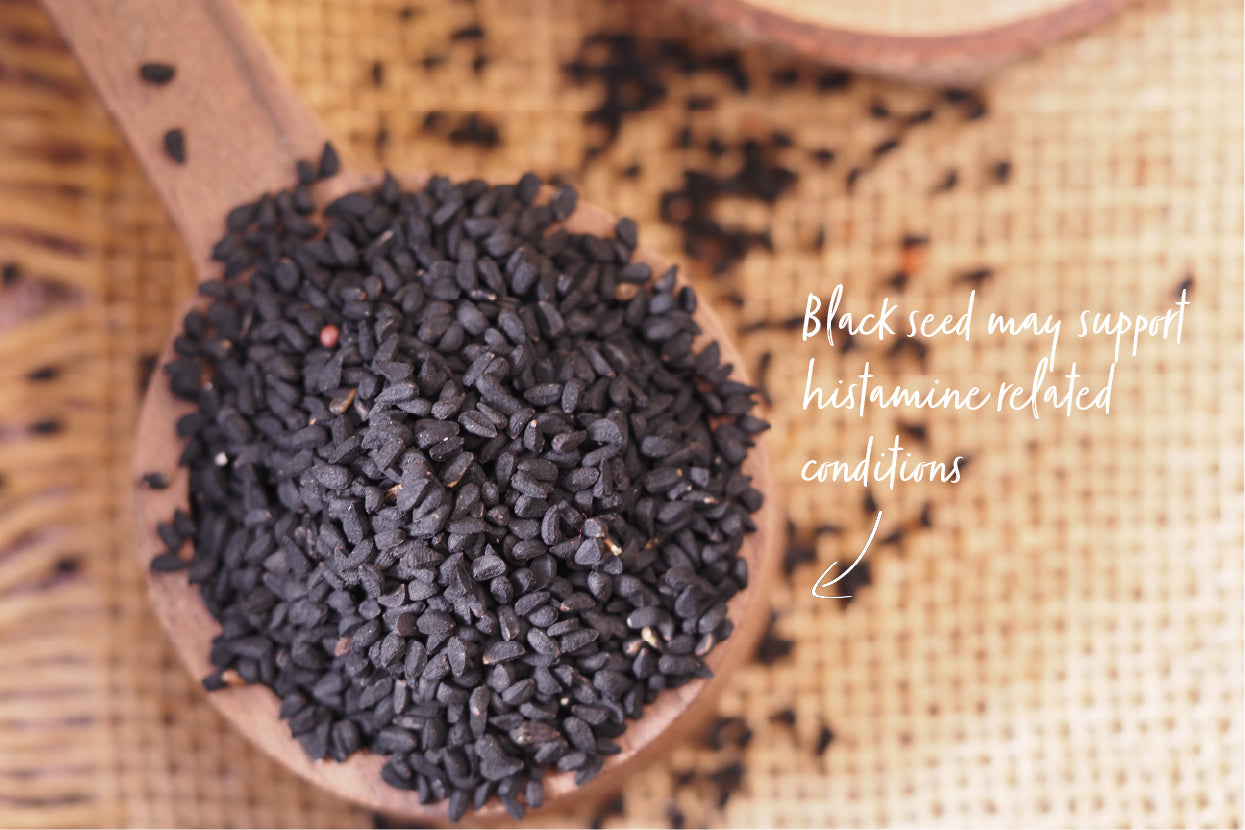
Why is healthy skin important?
The skin is the largest organ in the body and has several functions other than aesthetic appeal. The skin protects us and is our first line of immune defense against environmental pollutants, pathogens and toxins. The skin regulates our temperature through different mechanisms such as sweating. Not only this but the skin retains moisture when healthy, it is full of sensory nerve endings, helps stimulate the synthesis of vitamin D and can improve blood circulation.
Overall, the skin provides many health benefits than just looking good. Proper skin care may help to contribute to better skin and thus, better physiological processes linked with the skin.
Is a plant-based diet good for skin?
Consuming more plants in your diet is a perfect way to improve your skin health. By consuming more plants, you are naturally going to have more nutrient dense foods that are higher in antioxidants and anti-inflammatory properties as well as improved hydration, good sources of fats, better gut health and ultimately fewer processed foods.

Which foods are particularly good for our skin?
Several foods are known for their potential benefits to skin health due to their rich nutritional profiles. Including a variety of these foods in your diet can contribute to healthier skin.
Fatty fish is an excellent source as it provides omega 3 fatty acids that can help manage inflammation and support hydration.
Nuts and seeds are a great plant-source of omega oils, especially flaxseed which is naturally high in omega 3 fatty acids. Avocados are naturally high in the fat-soluble vitamin, vitamin E that helps to improve cell function as well as have beneficial effects on the skin.
Colourful fruits and vegetables are excellent sources for vitamins and minerals that are naturally high in antioxidants.
Fermented foods can have major impacts for our gut and can help improve our immune system which is directly linked with skin health. Try adding in some kimchi or sauerkraut into your next meal for that extra boost.
All these nutrients can support the promotion of collagen as well as combat free radicals to help maintain skin health.
Are there any foods that boost collagen?
Collagen is a very popular ingredient now and for good reasons. Collagen is an abundant protein in the body. It is a fibre like structure used to make connective tissue. Our body naturally produces collagen from different vitamins, minerals, and amino acids. Fruits and vegetables that are high in vitamin C also help the production of collagen. One of the most natural sources of collagen that we consume is bone broth. Naturally high in gelatin and amino acids that directly influence the production of collagen. Vegan and vegetarian diets may struggle to get all the amino acids needed to support the production of collagen so may need to look at supplementation.
Which foods should we avoid?
Everybody’s response to food is different and specific dietary recommendations may depend on skin type and any existing skin conditions. The biggest offenders when it comes to poor skin health, however, are processed foods high in refined sugars, oils, salt and artificial ingredients that negatively affect skin health.
For some, dairy can cause issues with individuals seeing benefits in acne symptoms when removing dairy from their diet. Caffeine is another food/ingredient that some may have to remove as excessive levels can lead to dehydration that disrupts the skin’s natural cycles.
When it comes to diet, it is all about balance. Eating good quality food that is rich in nutrients and variety will help support general skin function and hopefully improve the appearance of the skin.
Should we take extra supplements during winter to protect our skin against cold weather?
Supplementation can be a good alternative if you’re not consuming enough of the right foods to support skin health. There are now more pro collagen supplements that provide vegan forms of amino acids to help the production of collagen. As more research is coming out around gut health, we are seeing that certain strains of bacteria may influence the production and degradation of collagen.
Supporting the immune system is another factor for skin health and making sure we maintain our levels of vitamin D and zinc through the winter months will ensure we keep a healthy immune system to support our skin through winter.
For more information about pro collagen supplementation, diet and lifestyle support, visit your independent health store. Wellness stores are a great starting place for friendly advice and knowledge. Find your nearest store at findahealthstore.com
Author: Phil Beard, BSc (Hons), MSc, is a Nutritionist, Speaker and Trainer at Viridian Nutrition. He holds a Master’s degree in Nutrition and Health
The information contained in this article is not intended to treat, diagnose or replace the advice of a health practitioner. Please consult a qualified health practitioner if you have a pre-existing health condition or are currently taking medication. Food supplements should not be used as a substitute for a varied and balanced diet.







